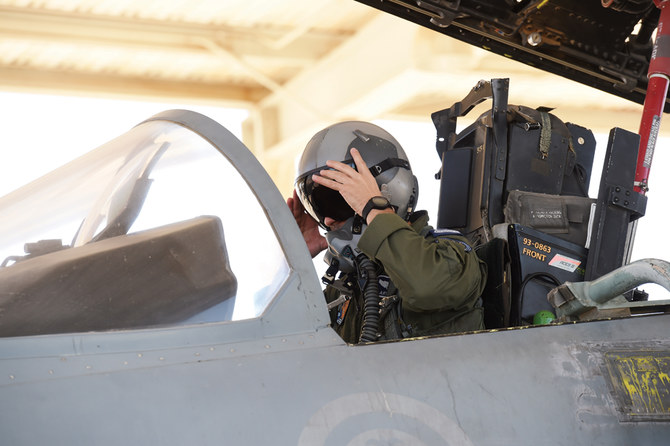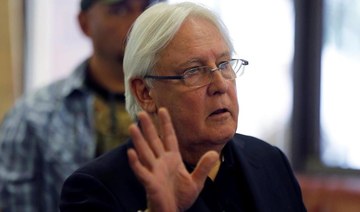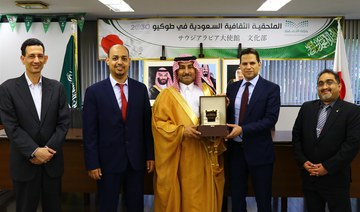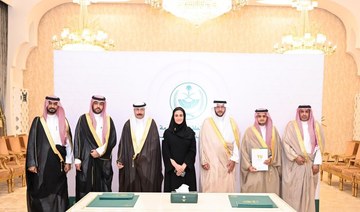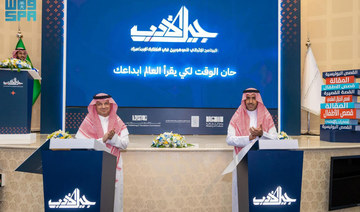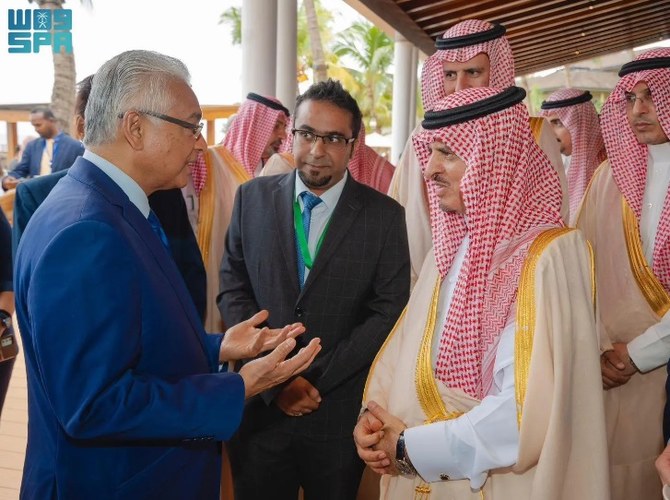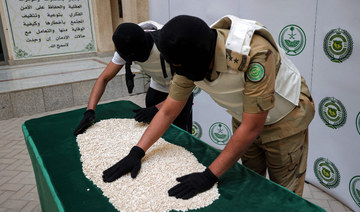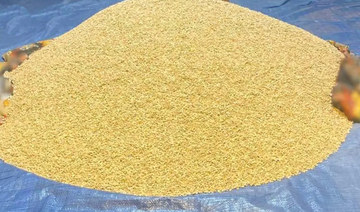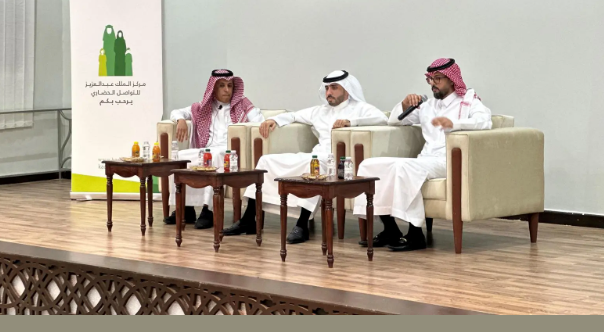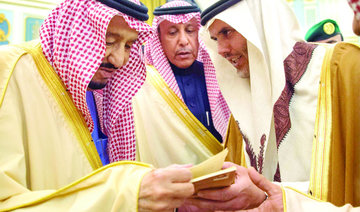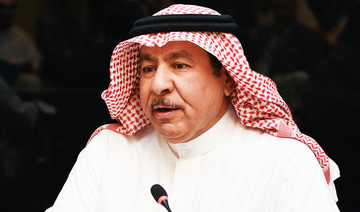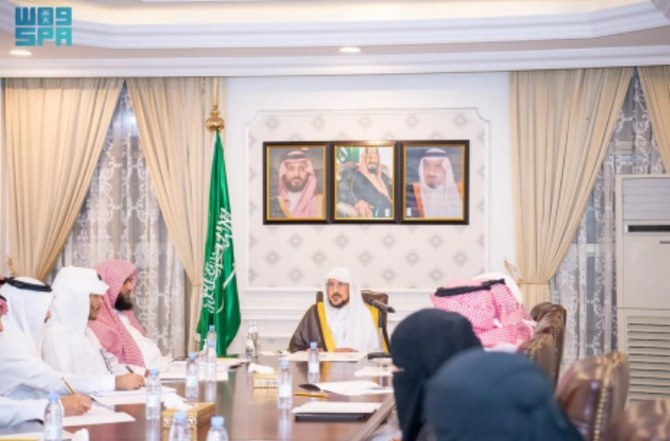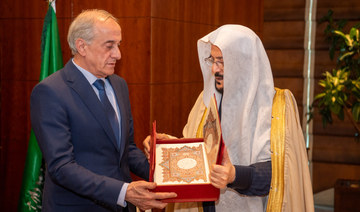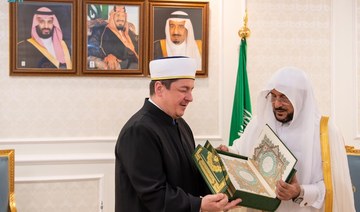CHICAGO: Saudi pilots in the fight to destroy terrorist cells in Yemen have been receiving high-level training by the US military to reduce civilian casualties, Arab News has learned.
The war against the Iran-backed Houthi militias in Yemen began after they toppled the UN-backed government.
The Saudi-led coalition has made mistakes but has apologized for them. Just over a year ago, for example, the Houthis fired missiles at Jazan and other civilian communities in southwest Saudi Arabia. The Saudis responded with airstrikes; one of the missiles accidentally struck a school bus, killing 30 children.
Since then, Saudi pilots have been working with their US counterparts to improve targeting. Pentagon officials say the training has resulted in a significant reduction in civilian casualties in the Yemen conflict.
“It’s a difficult challenge … but we believe, and the Saudis agree, that everything needs to be done to protect civilians,” said a senior Pentagon official, who asked not to be identified because of the ongoing training.
There has been a marked decrease in civilian casualties ... the Saudis deserve credit for the improvements.
Pentagon official
He added that civilians are often unintended victims of conflicts and efforts to eliminate terrorist threats, especially when militants operate in areas heavily populated by civilians.
The US has been working in different ways to help the Saudis improve some procedures and encourage expedited, transparent assessment of alleged civilian casualties.
“Training has helped them reduce non-combatant casualties. We believe there has been a marked decrease in the number of civilian casualties,” said the Pentagon official.
“The Saudis have been very good partners. They deserve the credit for the improvements and changes.”
Salman Ansari, founder of the Saudi American Public Relation Affairs Committee (SAPRAC), commended the US and Saudi militaries for the training.
“As a reliable ally and trusted friend, it’s highly commendable that the US is helping train Saudi pilots in precision and avoiding casualties,” he said.
“This is a true example of positive engagement, and demonstrates the deeply rooted US support for Saudi Arabia,” he added.
“It’s true that the Saudi-led coalition has made mistakes in the past, but these mistakes have been accounted for and investigated,” Ansari said.
“The training of our pilots … shows that we’re serious about avoiding casualties. The same logic can’t be applied to the Houthis, who deliberately attack civilian targets in Saudi Arabia regularly and brag about it.”
TIMELINE
Feb. 2012: Yemeni President Ali Abdullah Saleh hands over power to Abed Rabbo Mansour Hadi. Iran begins to arm Houthi militias.
Sept. 2014: The Houthis launch a nationwide assault, targeting civilians and Yemeni government institutions.
April 2015: Houthis driving Iranian tanks kill 12 civilians in an attack in Aden.
Sept. 2015: The Houthis launch Iranian-supplied Tochka ballistic missiles, killing 60 coalition soldiers.
Dec. 2017: The militias target and kill Saleh near his hometown.
Dec. 19, 2017: The Houthis fire missiles at Riyadh.
June 2019: The militias strike Saudi Arabia’s Abha airport, killing at least one civilian and wound nearly 50.
July 2019: The Houthis target Abha airport, injuring nine civilians.
July 2019: The militias ambush Saudi soldiers in Jazan, killing four.
Aug. 2019: The Houthis attack a military graduation ceremony in Aden, killing 36 people, including a commander.
Without disclosing how many Saudis are involved in the training or where it is taking place, the Pentagon official said the program focuses on aspects of military responses to Houthi provocations.
“We’re working with the Saudis on making onsite decisions as to whether strikes should continue,” he added.
“Everything starts with intelligence, doing a better job of gathering intelligence on the battlefield and developing strike targets.”
The official said making positive identification of intended targets is key to protecting civilians.
He added that operations need to ensure that there is a “strong command and control link,” and that forces are not sent “looking for targets” but have a “clear and deliberate chain of command” for the strikes.
Opinion
This section contains relevant reference points, placed in (Opinion field)
He said it is important for pilots to be able to make decisions themselves during operations, and to be encouraged to provide onsite information that might contradict intelligence used to select targets.
“We want the pilots to feel empowered to not have to strike a target if they feel there’s something wrong or inaccurate,” said the official. “We teach them how important they are to a successful campaign.”
He added that the Saudi pilots are enthusiastic in embracing the strategies and avoiding civilian casualties.
“No one wants to have an accident … on their conscience,” he said. “The pilots are already well trained in flying their aircraft … but we hold seminars to talk to them about the specifics of each of the areas of training.”
Ansari said: “We must always remember the causes of this war, which was forced upon the Saudi-led coalition.”
He added: “It was a war caused by the overthrow of a legitimate UN-backed government at the hands of an Iran-backed militia that prides itself on its ‘Death to America’ slogan, and attacked the US Navy three times during the time of the Obama administration.”
In a recent op-ed for Arab News, Michael Pregent, a senior fellow at the Hudson Institute and a former intelligence officer, called the Saudi response to the Houthi attacks a “necessary campaign” that is “failing in the public relations arena.”
He wrote that “if it ultimately fails, then Iran will have another Hezbollah in the region — and that’s the goal.”
Pregent added: “The Saudis are going out of their way to show their targeting process is aligned with the Law of Armed Conflict (LOAC) and that they are rushing humanitarian aid in, only for it to be stopped by Iran’s Quds Force and the Tehran-backed Houthis. Few give the Saudis credit for trying to do this right.”




